Judge Grants MSJ For Defendant in Class-Action Over Dispute
Account Recovery
MAY 29, 2024
A District Court judge in Florida has granted a defendant’s motion for summary judgment in a class-action lawsuit involving alleged violations of the Fair Debt Collection Practices Act and the Florida Consumer Collection Protection Act.


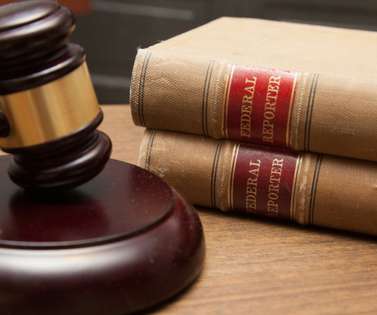
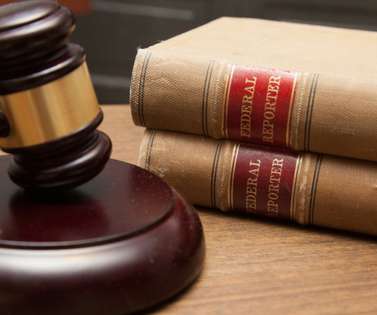

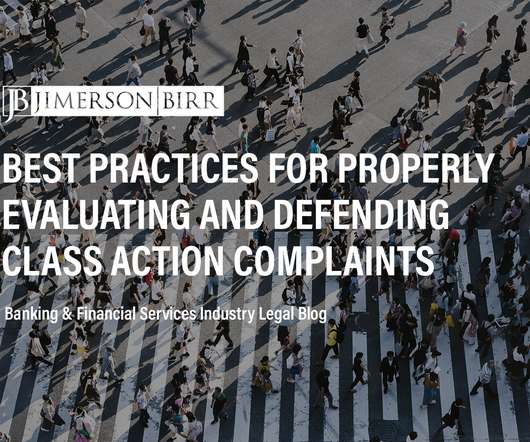
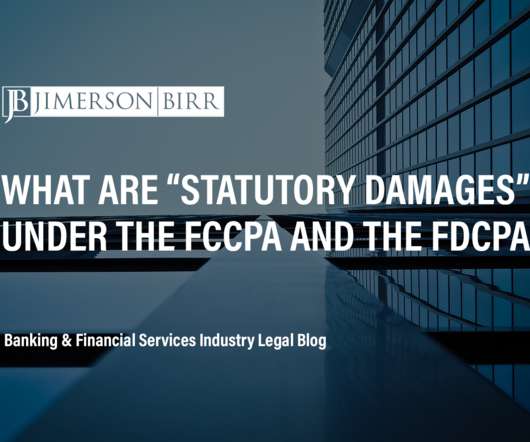
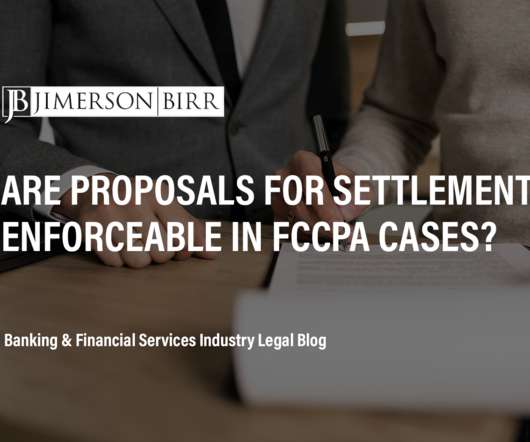









Let's personalize your content